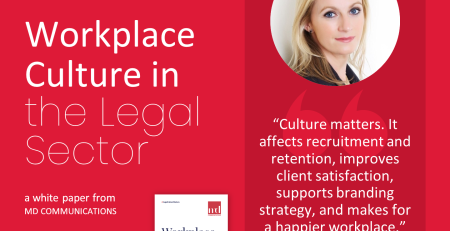Our CEO Melissa Davis examines why the two sectors have been traditionally reluctant to join forces, and looks at how that could change with a new collaboration agreement.
Can accountants and lawyers work together? It’s a simple question, but the answer is mired in convoluted issues that require unpacking.
We ask the question because a new announcement could make for some momentum. Global representatives of the two parties, the International Bar Association (IBA) and the International Federation of Accountants (IFAC), have announced a memorandum of understanding to drive greater collaboration between the two professions.
It’s probably best to first cover the long-running and seemingly intractable issues that have kept the two noble professions at arm’s-length. Warning: we’re going to make some sweeping generalisations here, so apologies in advance to those with a sensitive nature…
Structural reasons
The provision of legal advice has long been ‘protected’, meaning that the vast majority of those offerings could only be provided by lawyers. Broadly speaking, accountants, bookkeepers and tax advisers don’t have the same level of protection – in other words you don’t need a qualification to offer these services (note that audit and insolvency have specific regulatory requirements).
We’ve seen the provision of legal services opened up in the UK. For example, unregulated professionals can offer services such as probate. In turn, the ability to create alternative business structures has been relaxed – creating the opportunity for multi-disciplinary practices. The reality has been, however, that which regulatory bodies cover which individuals within a firm creates complexity (and that attracts complexity’s natural partner: cost).
Cultural issues
It can be argued that gaining either an accountancy, tax or legal qualification creates a ‘technician’. However, the nature of the work is different. Without wishing to over-generalise, accountancy and tax are borne of mathematical and logic-based summaries. Law can be (on occasion) more adversarial, or negotiation-focused. Ironically, accountants’ access to their clients’ personal and business finances has put them in a great position to be their ‘trusted adviser’ – which has seen them look to develop forward-looking advice borne of financial analysis. The lawyers, despite generally having more communication-based skills, find their dealings with clients relatively narrow.
Despite the development of the two professions, lawyers can’t complain too much. Their specialist advice and contractual skills mean that the top firms pay their partners more than their accounting equivalents.
All-told, the nature of their respective offerings is different, as, generally speaking, are the types of people that work in the respective fields. This does make them seem complementary – in other words, a great recipe for working more closely? Unfortunately, these differing attitudes have tended to mean law and accounting firms shy away from full mergers – the two sets of remuneration level are also difficult to square off.
How they do work together
Despite everything, there is a long history of legal and accounting working together – and firms offering both. That’s certainly been the case at the global level, where the Big Four accountancy firms have had an on-off relationship with their own legal offerings from the Noughties onwards.
At a more local level, solicitors and accounting practices have well-established referral reciprocation. They will also liaise and communicate through local business community groups – they are not strangers.
A future partnership?
Let’s take a step back and understand why the IBA/IFAC arrangement has been agreed:
“…A particular focus on anti-corruption and how the professions can work more closely together in the fight against money-laundering and economic crime, with key stakeholders such as the United Nations and Financial Action Task Force.”
The digital nature of business means that it is truly global, and by definition, so is fraud, theft and money laundering. Lawyers and accountants are on the front line of protecting business and the public from such threats.
Law and accountancy firms work across borders – though this is often through networks and associations. While this helps protect them against ‘deep pocket’ litigation, it could be argued that the way in which they work could (and should) be more integrated to offer a better service. And in turn, these two great pillars of professional services could learn to work not just side-by-side, but together.












